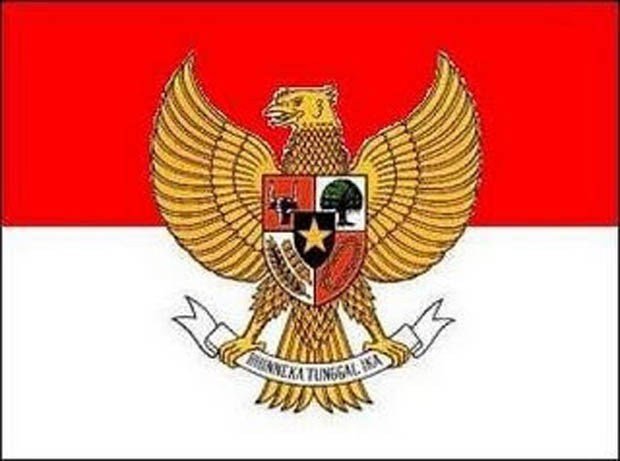
Civis 001/2015
The Indonesian state is a place for Indonesians to live and grow. The nation itself is a plural nation, plural in tribes, race, origins, and religions. Indonesia is not built of and prioritizes one certain ethnic or religion. It is true that there are large ethnic groups and religions, however the Indonesian nation respects equality and togetherness.
The Indonesian state is based on ‘demos’, which means a society with variety but united by the same goals and dreams, not a nation based on ‘etnos’, united by ethnicity or religion. The ‘Sumpah Pemuda’ (Youth Pledge) on October 28, 1928 clearly and firmly pictures the essence of a nation that grows in the midst of Dutch East Indies society: “Satu Nusa Indonesia, Satu Bangsa Indonesia, Satu Bahasa Persatuan Bahasa Indonesia” (One Indonesian Homeland, One Indonesian Nation, One National Language, Indonesian).
The colonized in Dutch East Indies found their common identity based on the humiliation and pain they have gone through and united by the common dream to be a new nation, Indonesia. The Youth Pledge Day symbolizes the birth of a new nation, Indonesia, who were colonized and fought for its independence.
It then became the foundation for the forefathers and the revisers of the 1945 Constitution to belief that the right form for this nation is a unitary state. Indonesia, since August 17, 1945, has its independent and sovereignty from Sabang to Merauke and since that time, Indonesia is a unitary state.
Thus, the source and holder of the state sovereignty is Indonesian people in the unitary state. Regions and/or territories is not the source and holder of the sovereignty. Regions and territories are formed and given certain power by the government based on the consideration for development and people’s welfare.
Regions do not own the sovereignty. Region heads, regardless how they were elected, is not the holder of the people’s sovereignty but instead is the mandate holder for the people, in order to run the state power according to the national laws. Regions, borders and territories can be added and changed by the national government.
The idea to build a federal state clashes with the heart of Indonesian nationhood. Forming many states in Indonesia will present problems, both in socio-political and historical aspect. The idea to form a state based on certain (main) ethnicity or certain (main) religion or certain geographic (island) will clash diametrically with the heart of nationhood held by mainstream Indonesians.
If that mainstream is ignored or violated then what will happen is the disappearance of genuine Indonesian existence. It means that Indonesia will be no more. Aside from that, determining a state border will also be a problem. The question is: What will be used as reference to determine each state’s borders? The Archipelago history noted the disappearance and appearance of kingdoms, thus it is quite hard to determine the exact border if it is based on each kingdom’s claim of land.
Now the Unitary State of the Republic of Indonesia is a largest democratic unitary state in the world. Even larger than France or England. The largest unitary state in the world is China, but it is not democratic.

Drs. Jakob Tobing, MPA
President, Leimena Institute
Jakob Tobing is one of the most prominent architects of the new democratic Indonesia. He played an instrumental role in Indonesia’s transition from the authoritarian rule to democracy in 1998. He was then entrusted as the Chairman of the 1999 National Election Committee and the 1999-2004 Parliamentary Commission on the Constitutional Amendment – the two important bodies that decisively replaced authoritarianism with democracy in Indonesia. Under his leadership, the constitutional amendment has guaranteed the principles of democracy, rule of law, and human rights, which is now seen as a model by many other countries. He was a student leader against the old order in 1966, appointed as member of parliament in 1968, and became the Vice Chairman of the ruling party during the Suharto’s regime. But during the height of the authoritarian regime, he joined the opposition and was invited to join and establish the reform PDIP party by its Chairman Megawati Soekarnoputri, who later became the President of Indonesia. President Habibie decorated him with Mahaputera Utama medal in 1999. After more than three decades as a member of parliament, in 2004 he was appointed as the Indonesian Ambassador to the Republic of Korea, a leadership role which again he performed so outstanding that the Republic of Korea awarded him the Gwanghwa medal—the country’s highest diplomatic award. He received his graduate degree from the John F. Kennedy School of Government, Harvard University, USA.
